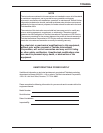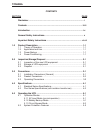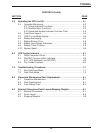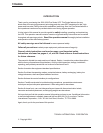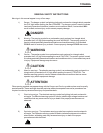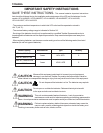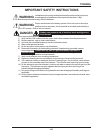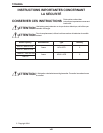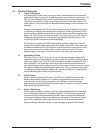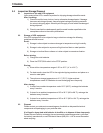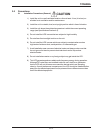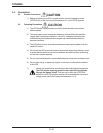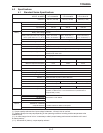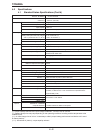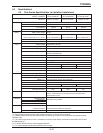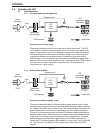
TOSHIBA
1.0 Product Description
1.1 Theory of Operation
An uninterruptible power supply is a system that is installed between the commercial
power and the load equipment. It is used during short-term blackouts or brownouts. The
UPS provides steady ac output power during these commercial power interruptions.
This power is provided for a long enough time so that the load can be shutdown in an
orderly fashion. This prevents loss of data and possible damage to both hardware and
software.
During normal operation the UPS uses commercial ac power. In addition, it also takes
in all of the high voltage spikes and transients caused by switching and faults, and all
of the common mode and normal mode noise which is associated with commercial ac
power. The UPS converts it all to flat dc power. From this dc power, the UPS charges
its batteries and generates its own extremely high quality ac waveform output. The
result of this process is maximum power conditioning.
If the ac power supplied to the UPS drops below a specified voltage level, the unit's
batteries automatically begin supplying power instead of receiving it. This insures that
the loads connected to the UPS continue to receive power with no interruption. When
ac input power becomes available again, operation returns to normal. The unit's
batteries begin to recharge so they will be ready for the next power interruption.
1.2 Application and Use
Toshiba's 1500 and 1500 Plus Series of on-line uninterruptible power supply (UPS)
systems provide continuous computer-grade ac power in a compact, high performance,
and energy efficient unit. The UPS unit assures safe and reliable operation of critical
office equipment. This can range from word processors and personal computers to
mini-computers and local area networks. All units feature an audible alarm which sounds
if the battery voltage drops below standard during use. This is an additional aid to help
in retaining the valuable office data banks. All units allow for computer interfacing and
an external battery pack option (see specifications).
1.3 Power Backup
When an electrical power failure occurs, the UPS unit's internal maintenance-free
batteries automatically supply back-up power to the load without interruption. For
example, when used to support a computer, the UPS back-up assures enough
additional time to complete the activity and store data. This allows an orderly shutdown
after a power failure has occurred.
1.4 Power Conditioning
When commercial power is present, the UPS supplies conditioned power to the load
while maintaining its batteries in a charged condition. The UPS protects against the
normal everyday problems associated with heavy use of raw commercial ac power,
including power sags, surges, signal interference, and spikes. This protection keeps
power-line problems from reaching the loads where they can cause equipment to
operate erratically, hard-disk crashes, or cause damage to hardware and software.
1 - 1



